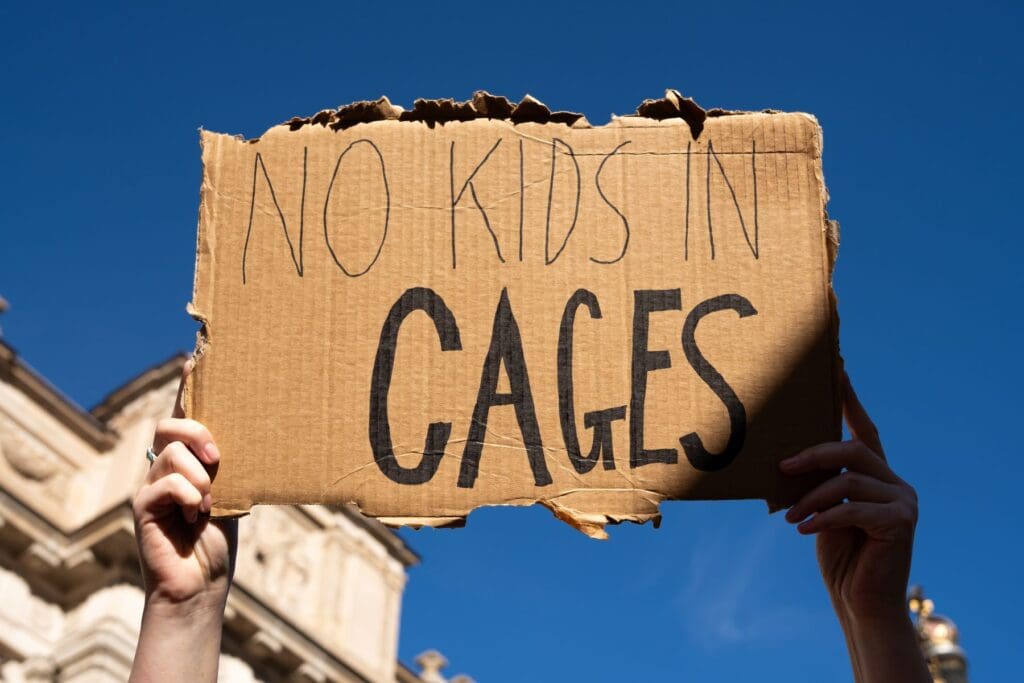Voting age should be lowered to 16
Young people, who are most likely to feel the long-term effects of today’s political decisions, should be allowed to vote from the age of 16, the Human Right Law Centre said today in a submission to the Australian Parliament’s electoral committee.
Hannah Ryan, Lawyer with the Human Rights Law Centre, said the right to vote is a fundamental component of democracy.
“Young people are most likely to benefit from or be burdened by the long-term consequences of today’s political decisions. They have extraordinary access to information, and are more engaged than ever before on issues that affect them and the world that they live in,” said Ryan.
Recently, issues such as climate change and same sex marriage have seen young people in Australia engage in public deliberation and express frustration in not being able to have their views recognised through a vote.
“Young people want to have their say. Lowering the age would strengthen their voices. It is they, after all, who will bear the brunt of an issue like climate change.”
“By age 16 and 17, young people can learn to drive, enlist in the army, and consent to sexual intercourse. Science shows us that by 16, you’re mature enough to vote. Young people should be allowed to vote from age 16.”
The Human Rights Law Centre also supports the proposal to allow 14 year olds to enrol to vote in line with the current model where 16 year olds can enrol with a view to voting at 18.
“The ideal time to get young people politically engaged and on the electoral role is when they are at school and living at home. The more people think about voting at a young age, the more likely they’ll also do it when older,” said Ryan.
The Human Rights Law Centre also supports the proposal to enrol or amend their enrolment on polling day.
“The current system, which stops people from enrolling 7 days after the election writs are issued, makes no sense and discriminates against young first-time voters,” said Ryan.
A copy of the Human Rights Law Centre’s submission is here.
For interview please call:
Michelle Bennett, Director of Communications, Human Rights Law Centre, 0419 100 519
Photo credit: AEC
Media Enquiries
Chandi Bates
Media and Communications Manager

University of Melbourne urged to drop repressive anti-protest and surveillance policies
The University of Melbourne is being urged to abandon policy changes that restrict staff and students’ right to protest and permit the widespread surveillance of people using their wifi network.
Read more
Expanded protections for marginalised groups welcomed in Allan Government’s anti-vilification laws
The Human Rights Law Centre welcomes the additional protections for marginalised groups in anti-vilification laws passed today by the Allan Government. These laws expand protections from vilification to include people from LGBTIQA+ and disability communities, and provide communities with important civil law avenues to address vilification.
Read more
Aboriginal human rights experts take Australia’s racist youth justice policies to the UN
Aboriginal leaders are calling on the United Nations to take urgent action to address Australia’s discriminatory and punitive youth justice policies
Read more


